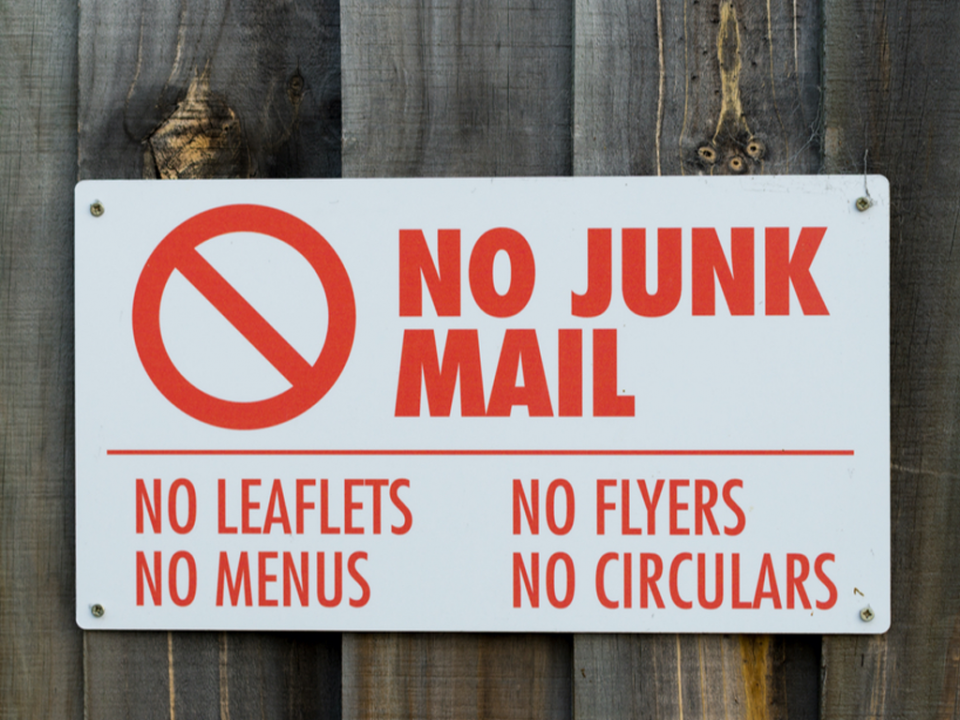Restoring Consumer Faith

Google’s Cookie Announcement…
June 2, 2021
Did We Sh*t The Bed…Again?
June 2, 2021Restoring Consumer Faith

Restoring Consumer Faith in 2020: Why Being Good Doesn’t Need to Be Hard.
Trust. For a small word it packs a big punch. Earn it and your customers will buy more, be more loyal and act as your advocates. Lose it and you can expect the opposite.
Thanks to a period of intense political and economic uncertainty, trust levels in the UK are at an all-time low. However, there’s good news for businesses. With three in five Britons believing their views aren’t represented in British politics, people are searching for leadership elsewhere, in particular from brands.
However, marketers have been doing their utmost to sidestep GDPR regulation, relying on personal data practices that may barely be legally compliant but certainly aren’t within the spirit of the regulations. And this has contributed to increasing levels of brand mistrust.
Even if smaller corporations aren’t taking the legislation seriously, search engines are. Preempting regulatory adjustments, browsers have taken measures to remove or restrict the ability to track third party data via cookies.
Most notable was Google’s announcement in January that it would phase them out by 2022. With 66% market share, it has effectively put an end to cookies, prompting marketers to find alternative ways to better connect with consumers through the compilation of their own first-party data.
This represents an opportunity for firms to restore consumer faith. To ditch the bad guy persona and take a step into the light. How exactly can this be achieved? Read on.
Consumers Want Ethical Brands
Edeleman’s 20th annual trust barometer has a clear message: businesses that want to gain consumer confidence must focus on competence and ethics.
However, brands face an uphill struggle because 53% believe that capitalism does more harm than good in the world today. Contributing to these concerns are fears around technology:
● 61% worry the pace of technological change is too fast.
● 66% are concerned that technology will make it impossible to know if what people are seeing or hearing is real.
● 61% believe the government does not understand emerging tech to regulate it sufficiently.
These results are hardly surprising with the Facebook-Cambridge Analytica scandal still fresh in people’s minds and a range of personal data breaches from the likes of British Airways, Marriott and Equifax.
Research from Ofcom finds that:
● The majority of people are happy for companies to collect their information under certain conditions.
● 17% of adult internet users say they don’t mind if organisations use information about them to decide the content they are shown.
● 18% don’t mind information being used to determine the adverts they are shown.
The data also reveals that trust levels aren’t consistent across brands as consumer trust in online services to protect user data or use it responsibly varies significantly. Among ten leading UK sites, trust among service users was highest for BBC News (67%) and Amazon (66%) and lowest for Facebook (31%) and YouTube (34%).
To inspire consumer trust once more, a combination of competence and ethics is required.
Rebuilding Trust In Your Brand for 2020 and Beyond
With consumers looking to brands to step up their ethical game when it comes to personal data, there’s a welcome opportunity for businesses. We recommend these three steps to ensure your brand is behaving ethically when it comes to the use of personal data:
1. Abide by the spirit of the GDPR, not just the letter of the law
At the heart of the GDPR is the idea that brands will use people’s data in a way that’s lawful, fair and transparent. This means managing personal information in a way that’s not misleading, unexpected or unduly detrimental to the individual concerned. This way of working is as simple as taking a customer-centric approach to data gathering, use and management. As we explain in point two.
2. Put people in control of their own data
The growing movement around ‘my data’ seeks to put people in control of their personal data and their lives. Empowering consumers can be as simple as ensuring your emails contain unsubscribe links that are easy to use or layering privacy information so it’s easy to understand.
Or you could go all the way and provide consumers with a personal data dashboard where they can explore all the information you hold on them, update or delete certain elements or change privacy settings in line with their own values or preferences.
3. Make personal data gathering easy
Despite the GDPR and ICO’s plans to financially punish firms that fail to manage data properly, it emerges that the ICO’s legal budget is not sufficient to take major corporations to court. However, smaller brands are still likely to be legally pursued. What should worry marketers more is that, in response to the GDPR, browsers - including Google - will no longer enable tracking via third party cookies.
In place of finding regulatory workarounds, brands will be forced to be more transparent. Which means no more data gathering activity that creates increased levels of mistrust.
Instead, forward-thinking brands are legitimately gathering personal data by creating their own first and zero-party data sources in return for services of genuine value for consumers. And, with new technology providers making it easy for firms to match the likes of Google and Amazon’s walled gardens of data, it’s easy for brands to be the good guys.
As consumers look to brands to take an ethical stance around personal data, your business has an opportunity. You can choose the status quo and continue to watch consumer confidence levels crash. Or you can take the ethical initiative with personal data, build trust and move ahead of the competition.




